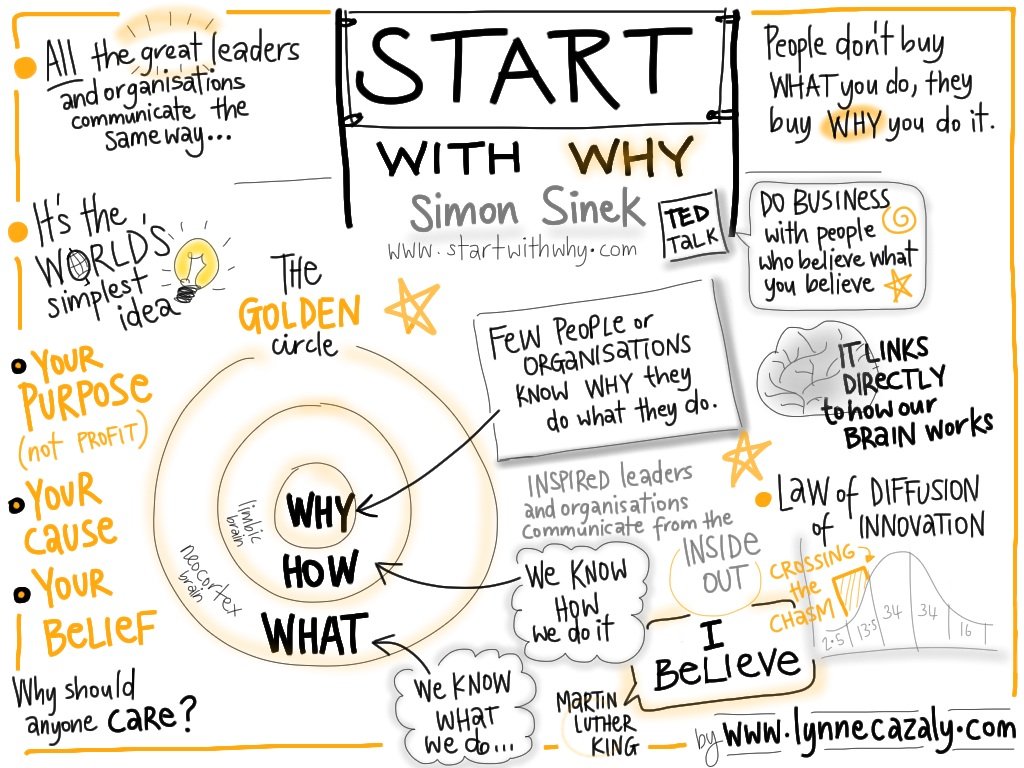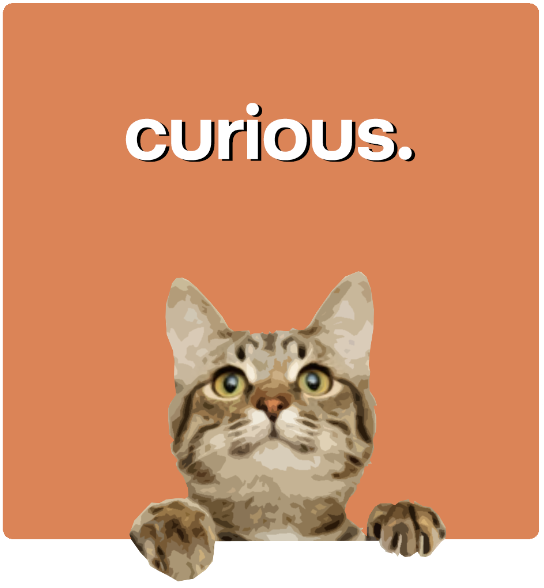
Curriculum
at ESA
Thinking in new ways about what and how we learn
ESA is a ‘creativity’ school. We have given a lot of thought to what that means, not just for what we teach and learn but also for how we teach and learn. We have considered a lot of research and also worked with our partners across the creative industries. This page is intended to unpack our curriculum model. If you are looking for details of all our individual subjects, then click on ‘Prospectus’ and the top of this page. If you are interested in the thinking behind our curriculum and how we have built our offer, then please read on. We have outlined our curriculum in 6 parts:
Curriculum Vision - Culture education to empower and equip young people to lead and succeed in the creative industries
Split Screen Learning - Intellectual and emotional flourishing
Character Education - The 7Cs of an empowered and equipped person
The Knowledge and Skills Pipeline - Sequenced learning, responding to the skills gap, creating opportunities and destinations for a creative future
I am ESA - Supporting safe, healthy, prepared citizens
ESA Magic - Developing skills, competencies and opportunities well beyond the classroom
ESA Curriculum [part one]
WHY matters most
Simon Sinek has done some work into why you should always start with ‘WHY’. ‘Why’ is the cause, the purpose, the underlying belief that sits as the foundation of our curriculum intent. Only when you have your ‘WHY’ does the how and what become exciting. So that’s how we started:
THE ‘WHY’ (intent):
We believe in imagineering; Beautiful ideas and inspiring productions. Soulful, cultured, creative, professional individuals collaborating and making together with identity and purpose.
THE ‘HOW’ (implementation):
Specialist creative arts curriculum and carefully sequenced high quality core offer. Cultural learning, projects, partnerships, work placements and industry experience. Employer engagements, practical skills training with industry kit and facilities. A professional focus, relational model, engaging, caring teaching, personalised learning and a 7Cs character curriculum.
THE ‘WHAT’ (impact):
Creative, confident contributors to our world with a sense of purpose and community - employable creatives with Commitment to their craft, capable of great results with the technical skills and imaginative magic to be economically secure. Relational, strong moral characters with the reflective, interpretative and resilient integrity to be happy and resourceful to others.
ESA Curriculum [part two]
Split Screen learning
Part of implementing our ambitious curriculum was embracing the challenge of achieving at least 2 things at once. We know that knowledge and skill is crucial to our learners if they are to be capable in the creative work place. But our employer partners were telling us that there is something that matters more. First and foremost, the creative sector needs reliable, reflective and resilient characters. They need young people with integrity and confidence, compassion and commitment. Once young people are safe and courageous, then it’s worth giving them the know-how and technical skill, but a person’s quality of character matters most.
So, we came up with our ‘Split Screen’ curriculum focus. At ESA, we want to be supporting all our young people to develop self insight so that they can become empowered characters at the same time as imparting the knowledge and skills to be excellent professional practitioners. So we have a character curriculum and a content curriculum working side by side in and outside the classroom.
The first ‘screen’ of our Split Screen Curriculum is all about character education. This is where we focus on the traits of character and the habits of mind that produce people of integrity. We built on the work of Guy Claxton and Bill Lucas [‘Educating Ruby’, 2015] and their exploration of the 7Cs of character. Sometimes schools can overly prioritise assessments and the grades that students achieve. While this matters very much, there will always be some learners forced to become failures by an assessment system. When you’re watching the ‘character screen’ - everyone can grow, develop and succeed.
On the other screen, we simultaneously focus on the subjects and courses which students choose to study. We work with our learners to make sure that they make good progress and achieve excellent results so they have the knowledge and skills to be successful in their creative work or further study.
The 7Cs of Character
ESA Curriculum [part three]
The 7Cs are planned into all our lessons and they are also in all our clubs and productions and industry projects. Students also get special recognition for 7C attributes which then help us identify student leaders and then to select our prefects and mentors!
- PE, exercise and diet
- Risks, incl. smoking, vaping,
drugs, energy drinks
- Sleep hygene and self care
- Mental Health, self-esteem,
anxiety & depression,
internal and external
factors, getting support
- Healthy and unhealthy coping
strategies - including self-harm /
withholding food
- Body Image
- Bullying (Anti-bullying
Ambassadors and Week)
- Restorative Justice
- Screen time and online healthy
practice
- Types of strees & managing
pressure
- Work / Life balance
At ESA we believe that CREATIVITY starts with inspiration sparking imaginative ideas, which are then built from concept to production, with energy and determination, solving problems to convey vision and purpose, leading to original, diverse and engaging outcomes.
At ESA we believe CURIOSITY is shown by trying new things and learning from those around you, enquiring with purpose, exploring complexity and investigating with focus and independence, finding solutions and solving problems with enthusiasm and vigour.
“Students in this school follow a very special curriculum. They study essential qualifications & enjoy great opportunities to experience work in the creative industry.”
[Ofsted]
At ESA we believe CONFIDENCE starts with a positive, proactive outlook and builds a self respect and inner peace allowing for personal capacity growth exemplified in meaningful creative products and the ability to present, lead and facilitate others.
At ESA, COMPASSION is an underlying principle in our educational purpose. COMPASSION reflects a concern for others, an empathy and sensitivity to the needs of others, which is generous and forgiving. It is tolerant, friendly and reassuring and contributes to effective, creative environments and outcomes.
At ESA we believe COMMITMENT reflects a character that independently sets goals and plans for success by being organised and systematic in their creative process. This is supported by being resilient and hard working and faithful, willing to go the extra mile to see tasks through to completion.
At ESA we believe COMMUNICATION is about generosity of listening and participating in discussions and debates through inclusive groups, developing ideas and conveying vision with excellent Literacy and Oracy skills. The best COMMUNICATION allows for connection and collaboration leading to the very best of outcomes.
ESA Curriculum [part five]
ESA Curriculum [part six]
I am ESA - Our version of PSHE
ESA Magic - Loads more experiences and opportunities happen beyond the classroom
At ESA we believe that CRAFTSHIP is illustrated by diligent, dedicated, careful skilled work developed through practice and continual improvements of skills with the aim of developing mastery in one's craft and striving for perfection in products made.
ESA Curriculum [part four]
The Knowledge and Skills Pipeline
- Relationships
- Sex, Sexual Health, STIs
- FGM
- Exploitation
- Domestic Abuse
- Forced Marriage
- Substance misuse
- Gang Activity
- Radicalism & Extremism
- Digital safety
- Sexual Harassment
- Online abuse
- Sexual violence
- Sexting
- Consent
- Checking for cancers
- First Aid
- Managing risky situations
- Gambling
- Cybercrime
- Travelling safely
- Registering with a GP doctor
It’s complicated to be young now… we know that this can sound patronising but our young people tell us this. The post modern world is complicated. Screen addiction, ‘doom scrolling’, social media pressures, cyber bullying, sexual exploitation risks on line and in the real world, culture wars, climate catastrophe, political populism, fake news, threats to democracy, cost of living challenges, war in our time… and all this to navigate while trying to grow up, get used to your own mind and body, make friends, find a passion and make a living. It’s complicated. Stressful.
We launched I am ESA in 2022 to revamp our PSHE curriculum [Personal, Social, Health Education] and develop a comprehensive personal and professional development programme including PSHE, RSE, SMSC & PPE alongside PE. Because that is an unacceptable amount of acronyms covering Relationships, sex, spirituality, morality, society, culture, politics, philosophy and ethics… we thought we’d organise things a bit more succinctly around 4 areas as follows:
- Knowing your strengths and
areas for development
- Soft and hard skills
- Next step options
- Use of Unifrog platform
- 1 to 1 with Career Advisor
- Futures Week
- Work Experience
- Employer Engagements
- EPICs [industry presentations]
- Branding self - digital profile
- Planning for a family?
- Health and Safety at work
- Introduction to employment law
- Knowing your rights
- Economic wellbeing, money,
savings, earnings, borrowing, pay
slips, deductions, budgeting
- Life Skills
* For more detail about our ESA Futures programme, including careers service - please click HERE
- Fundamental British Values
- Engaging in democracy
- Activism
- Community interaction
- Diversity & commonalities
- Protected characteristics
- Discrimination
- Neurodiversities
- Inclusion, diversity training
- Current Affairs
- Remembrance
- Opportunities to engage with
different beliefs and opinions that
are different and equally valid
- Appreciating difference in the world
and its people
- Celebrating cultural, religious,
ethnic and socio-economic
communities
- Public Speaking / debating
- Charity
- Volunteering
Our ‘I am ESA’ curriculum is delivered to all students across our community. There are 14 ‘I am ESA’ days during KS4 and Post 16. Our Post 18 ScreenCraft trainees have 10 days of Personal and Professional ‘BootCamps’. This all adds up to over 200 guided learning hours. The sessions are delivered by trained ESA staff alongside visiting organisations, specialists and industry professionals. The programme is planned and sequenced to supportively respond to the personal and professional development needs of our students and trainees.
ESA Magic is the talent incubation programme offering skills workshops and professional, technical development. There are three levels - silver, gold and platinum. Students move up through the stages by learning new skills and working on projects supportively as teams. Participants shadow platinum students who mentor less experienced students. Mentoring is a requirement of platinum participants. ESA run a lots of additional projects and opportunities during lunch times and after schools. The specific offer changes term to term so check in with us for more specific details. ESA Magic includes the following experiences:
ESA CLUBS & WORKSHOPS such as Camera Operation, Editing, Graphics, Illustration, Costume Management, Dance Company, Choir, Film Appreciation, Digital Music Production
ESA EPICS [Elstree Presents Industry in Conversation]. Presentations from professional creatives including actors, producers, writers, artists and technical craftspeople
ESA TRIPS & TOURS - We regularly visit sets, locations and studios as well as museums and galleries, theatres and screenings
EMPLOYER ENGAGEMENTS - These include work visits and placements or a chance to receive mentoring, feedback or support from working professionals
In order to move through the stages of talent incubation and become creative technical leaders, students must develop the following leadership qualities in their chosen talent pursuits:
SILVER - Workshop attendance and participation
Strong passion and interest for the club demonstrated through their commitment, attending regularly / consistently.
Develops their confidence and craftship, nurturing their talent making strong progress in the tasks/activities being undertaken.
GOLD - Workshop MEMBER Plus
Communicates appropriate suggestions on the direction of the club.
Works collaboratively and with compassion, supporting others in their progress within the club.
Creates an inclusive, professional environment.
Confident in their emerging leadership skills.
Is clearly trustworthy and reliable demonstrating responsibility.
PLATINUM - Skills Leader / Expert
Active in the planning, delivery and impact of Club’s progress.
Promotes an inclusive, professional working environment.
Works collaboratively as ‘staff’ to create opportunities for others, nurturing talent, inspiring passion and interest.
Can lead creative specialist practice.
Empowers others to be confident in their leadership abilities.
Visibly mastering craft.





















